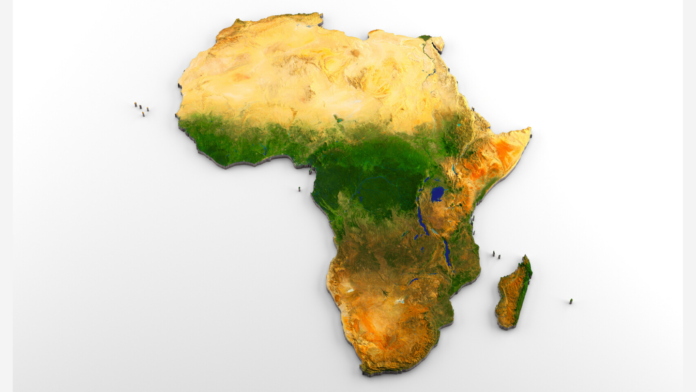African environmental policy encompasses a wide range of issues and initiatives aimed at addressing environmental challenges on the African continent. Here are some key facts and realities related to African environmental policy:
Biodiversity conservation
Africa is home to some of the most diverse ecosystems and wildlife in the world, including iconic species such as elephants, lions, and rhinoceros. Many African countries have established national parks, protected areas, and wildlife reserves to conserve their rich biodiversity. However, challenges such as habitat loss, poaching, and human-wildlife conflicts remain significant threats to African wildlife.
Climate change
Africa is vulnerable to the impacts of climate change, including droughts, floods, and desertification. African countries have been actively involved in global climate change negotiations and have adopted various policies and strategies to mitigate and adapt to climate change. These include initiatives such as the African Union’s Agenda 2063 and the African Risk Capacity, which aim to enhance resilience, promote renewable energy, and promote climate-smart agriculture.
Deforestation
Deforestation is a major environmental challenge in Africa, driven by factors such as agricultural expansion, logging, and infrastructure development. African countries have implemented policies and initiatives to combat deforestation, such as afforestation and reforestation programs, community-based forest management, and strengthened law enforcement. However, illegal logging and unsustainable land-use practices remain significant threats to Africa’s forests.
Water resources management
Access to clean water is a critical environmental issue in Africa, with many countries facing challenges such as water scarcity, pollution, and inadequate water infrastructure. African countries have developed policies and strategies to improve water resources management, including water governance reforms, integrated water resources management approaches, and investments in water infrastructure. However, there are still significant gaps in water access and management in many parts of Africa.
Sustainable development
African countries are striving to achieve sustainable development, balancing economic growth with social and environmental considerations. This includes initiatives such as the African Union’s Agenda 2063 and the United Nations’ Sustainable Development Goals (SDGs), which aim to promote inclusive and sustainable development in Africa. However, achieving sustainable development remains a complex challenge, with issues such as poverty, inequality, and governance affecting environmental policy implementation in many African countries.
Conservation partnerships
African countries have established partnerships with international organizations, non-governmental organizations (NGOs), and other stakeholders to address environmental challenges. These partnerships often involve collaboration on issues such as biodiversity conservation, climate change mitigation and adaptation, and sustainable natural resource management. These partnerships can provide valuable support in terms of technical expertise, funding, and capacity building.
Socio-economic considerations
African environmental policy is often shaped by socio-economic considerations, such as poverty alleviation, food security, and economic development. Many African countries face the challenge of balancing environmental conservation with economic growth and poverty reduction. This can sometimes result in trade-offs and challenges in implementing environmental policies effectively.
African environmental policy is shaped by a range of challenges and opportunities, including biodiversity conservation, climate change, deforestation, water resources management, sustainable development, conservation partnerships, and socio-economic considerations. While progress has been made in many areas, there are still significant challenges to overcome to achieve sustainable environmental management in Africa.





























































